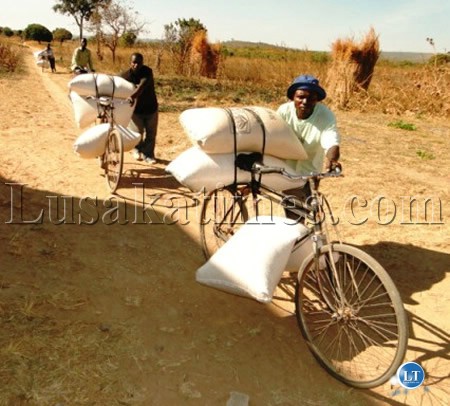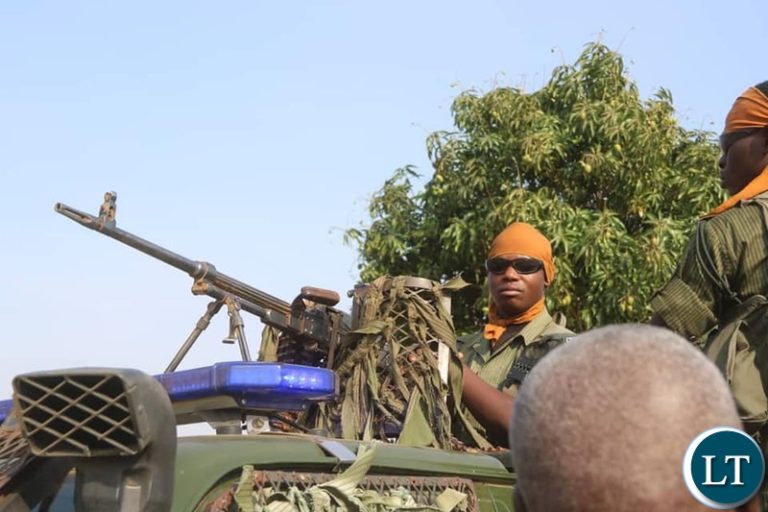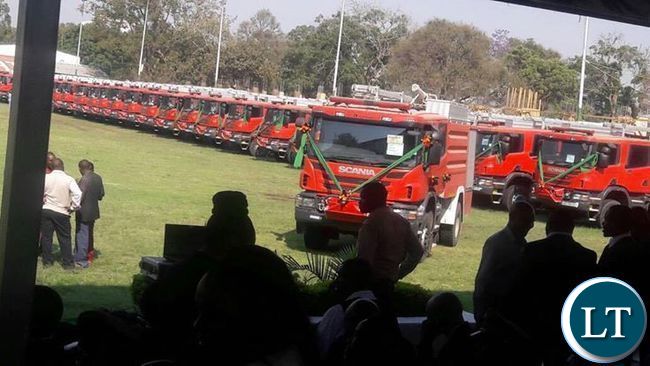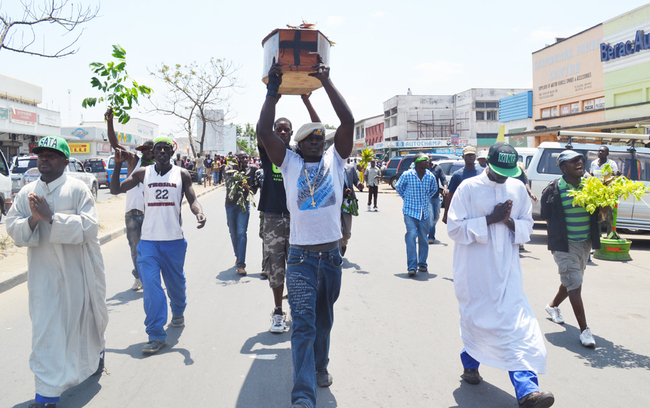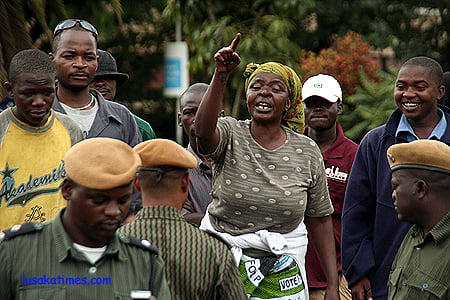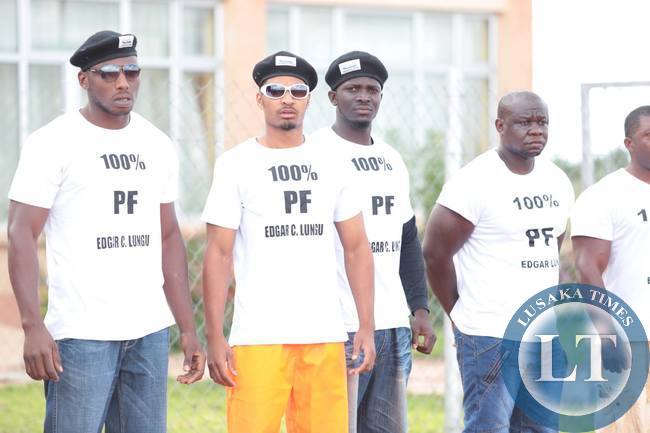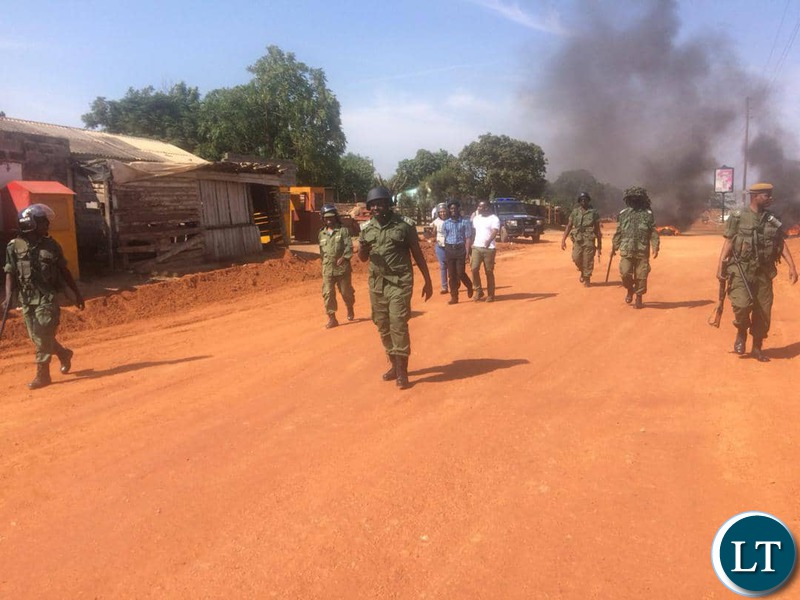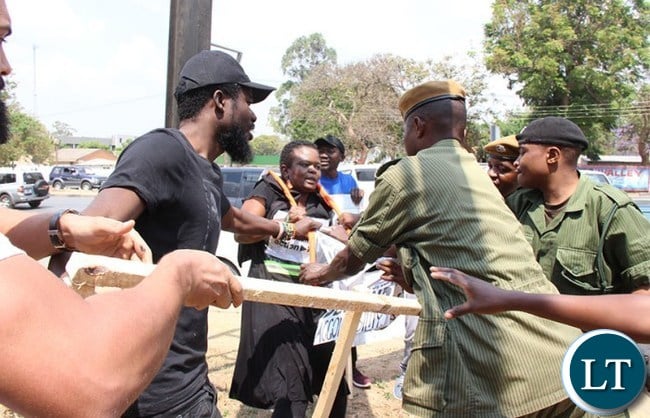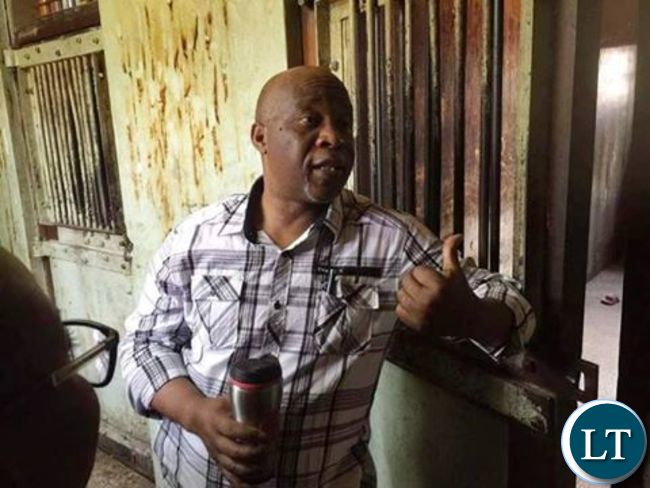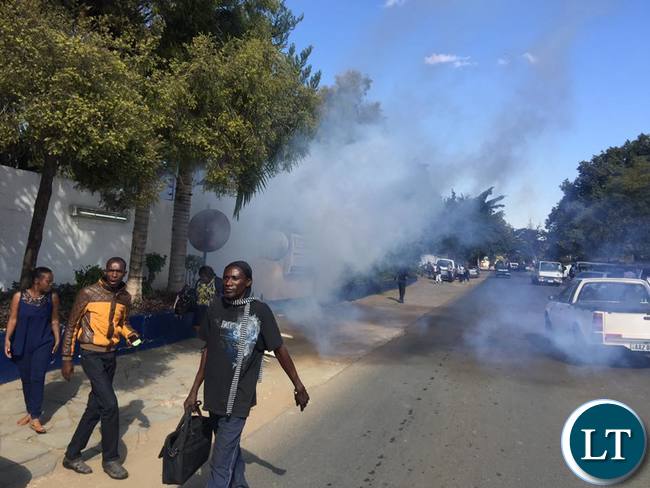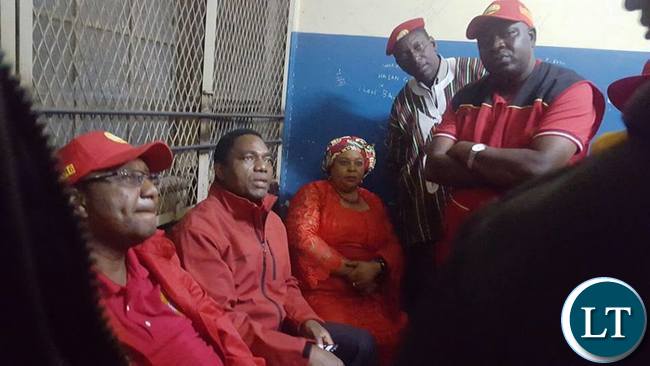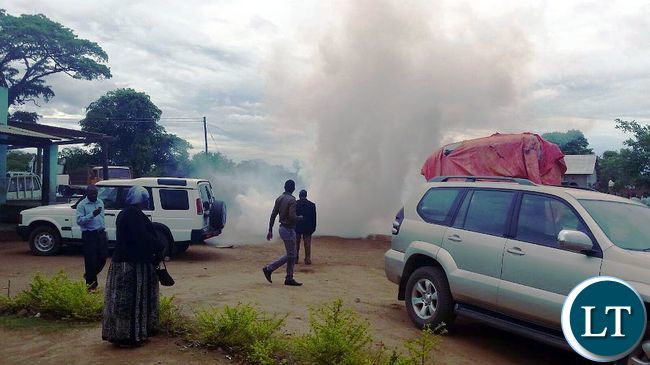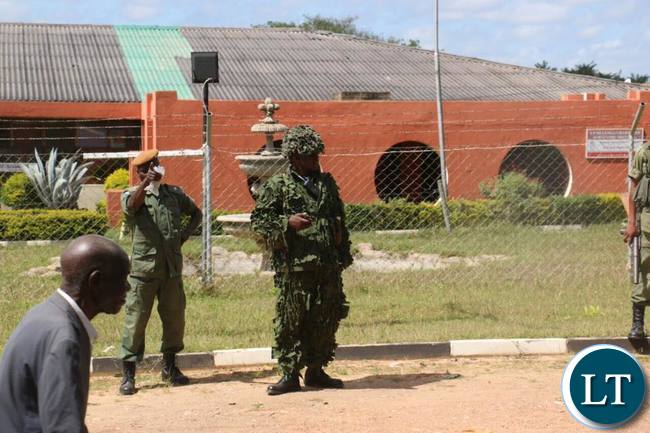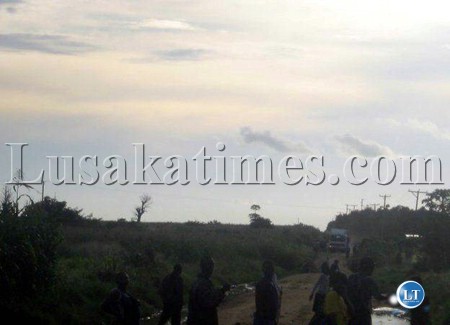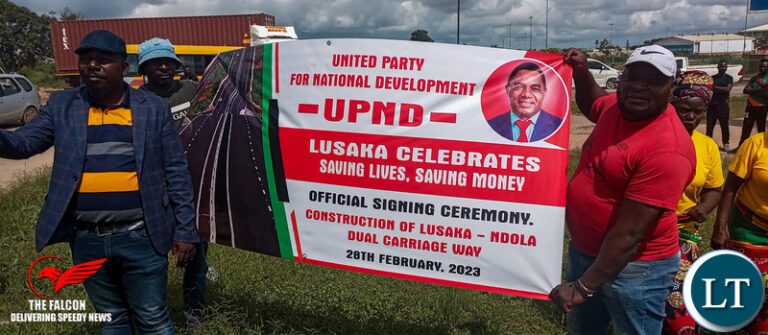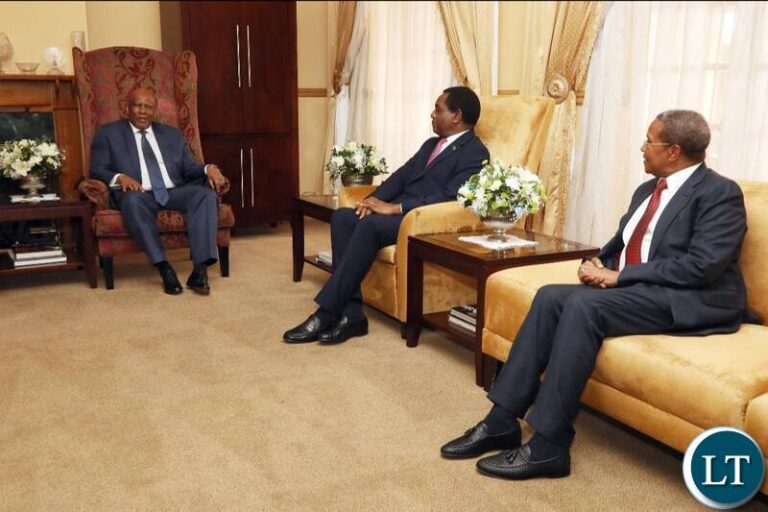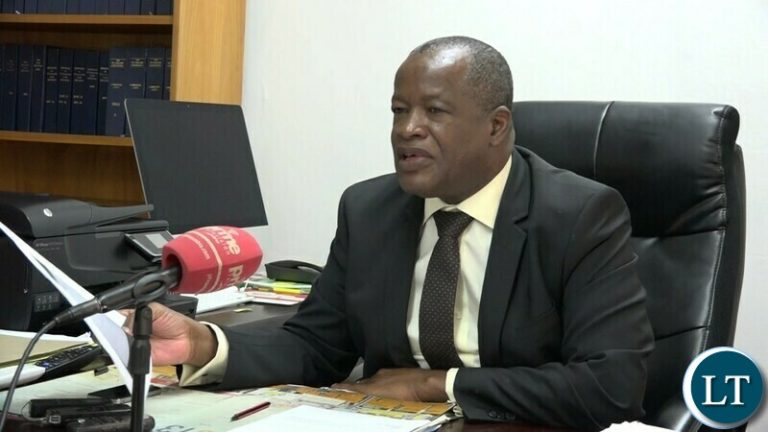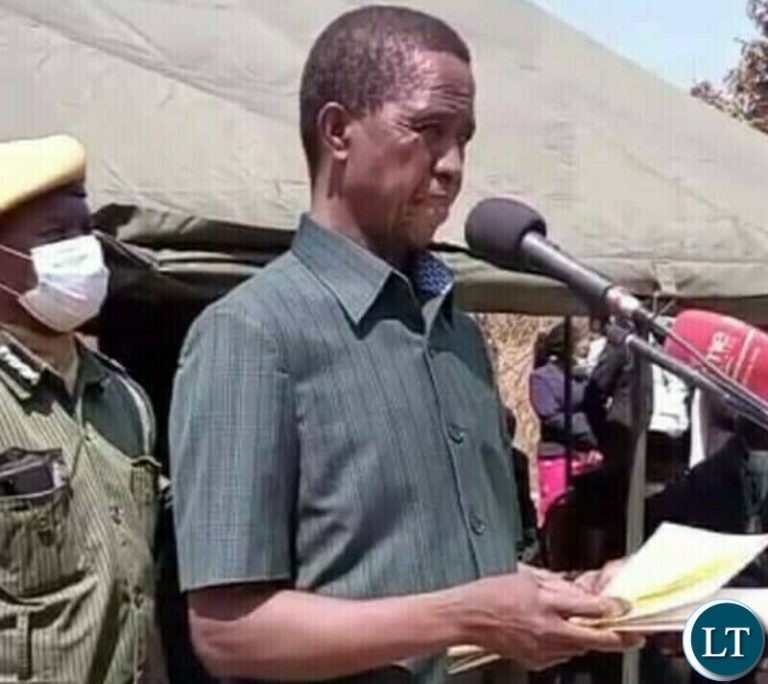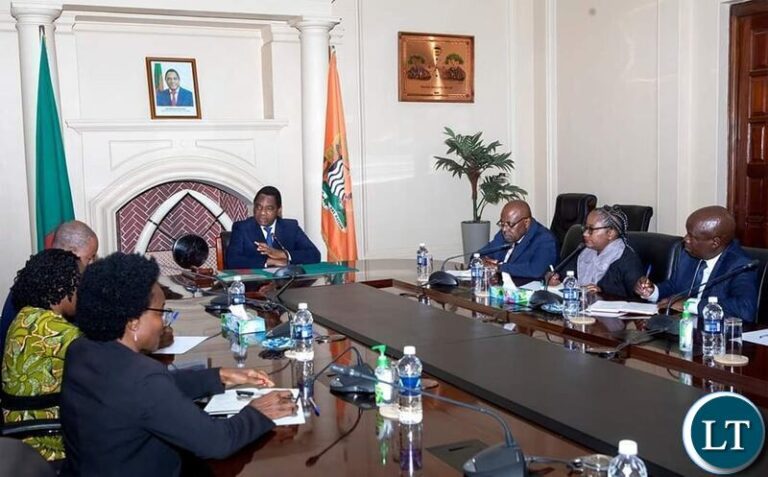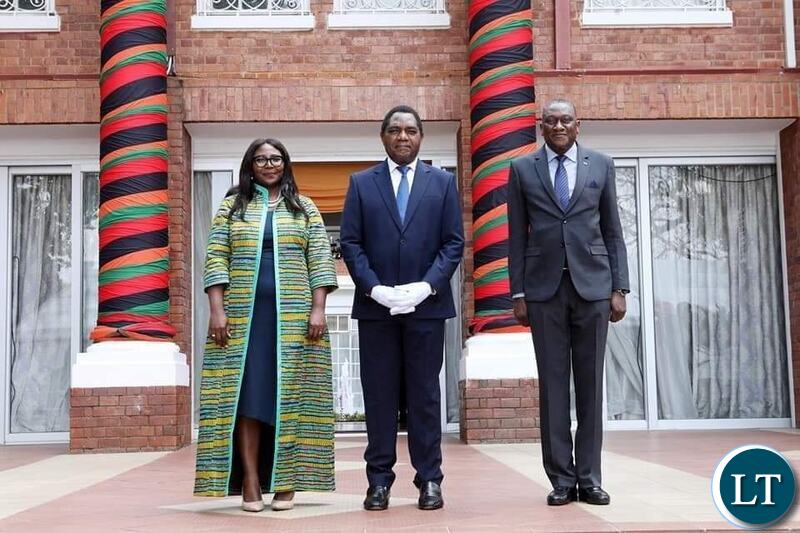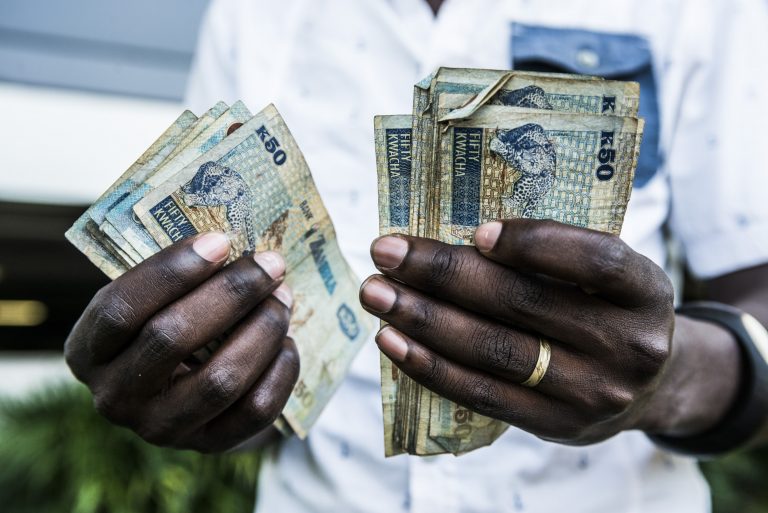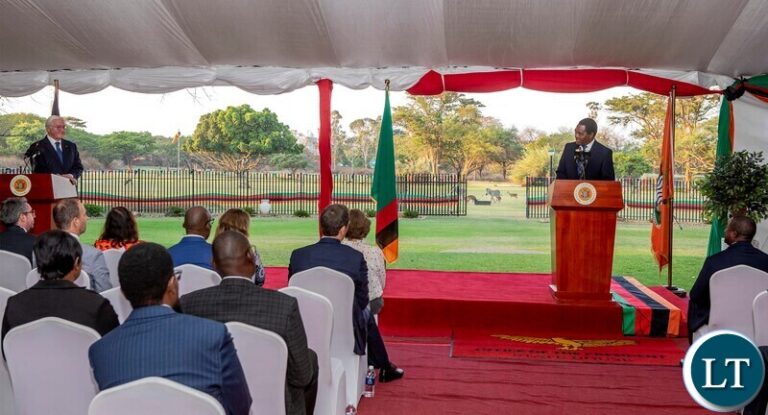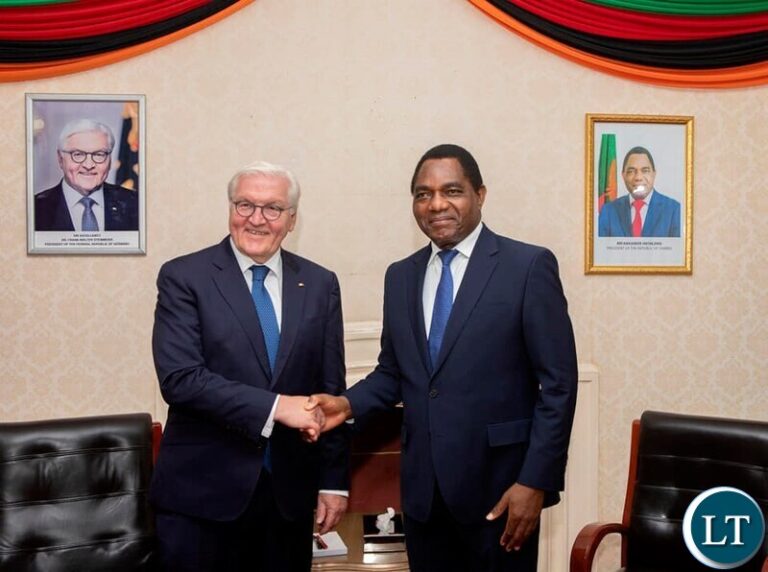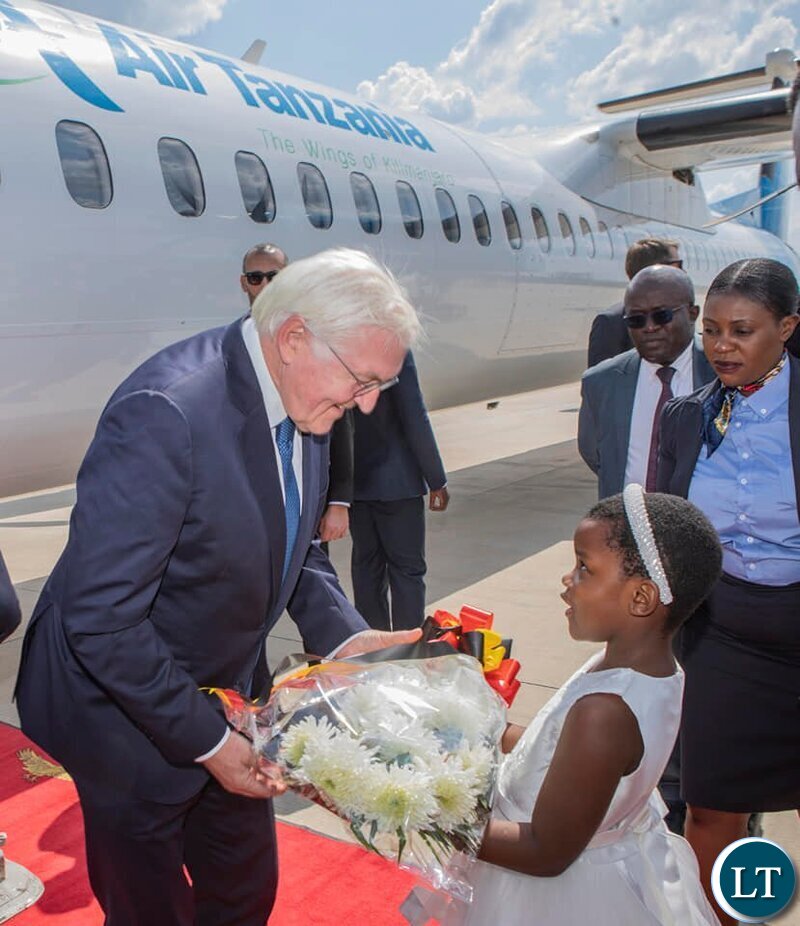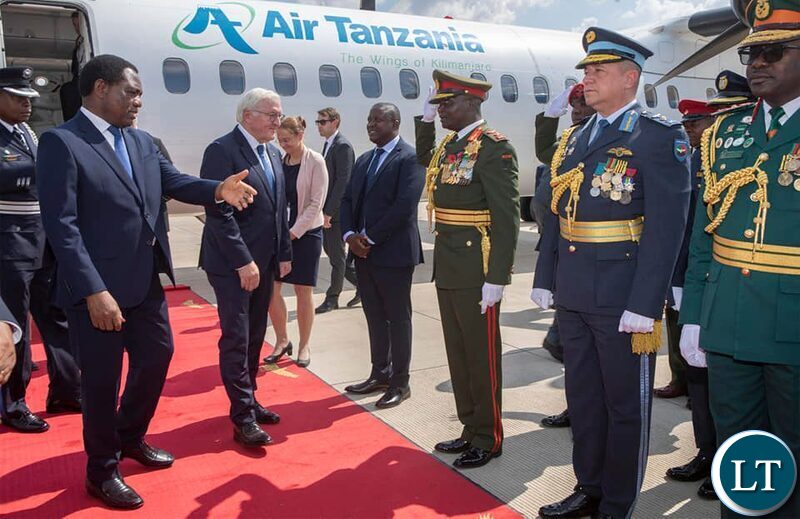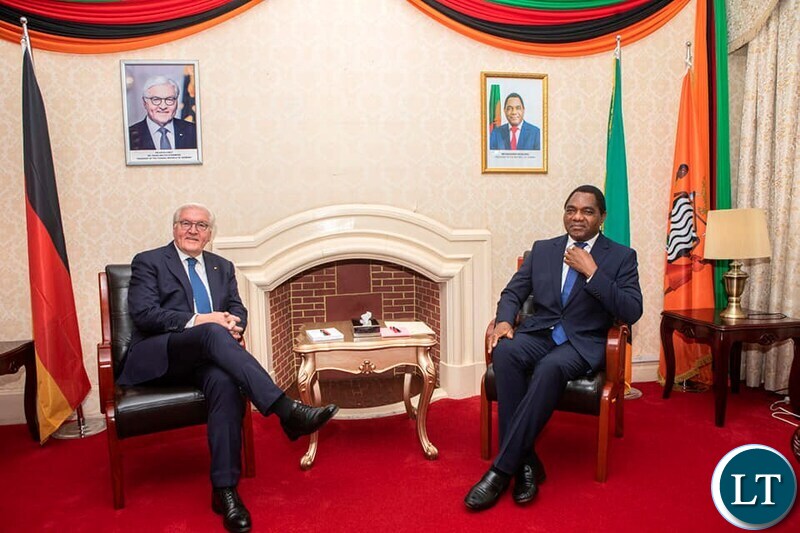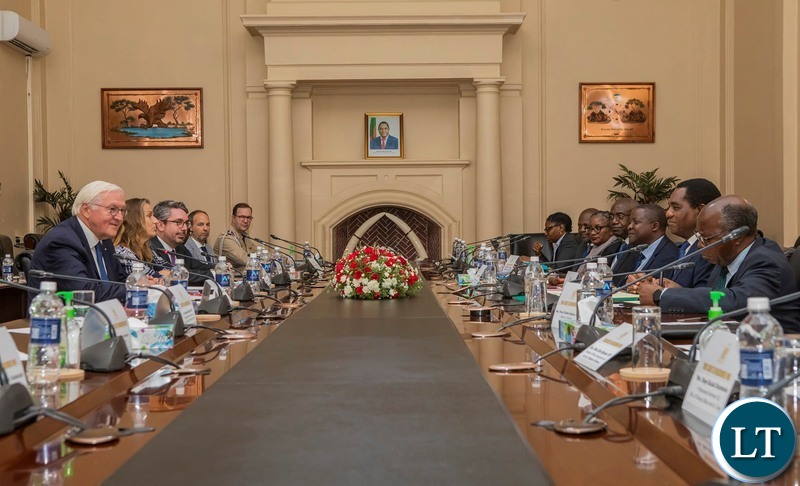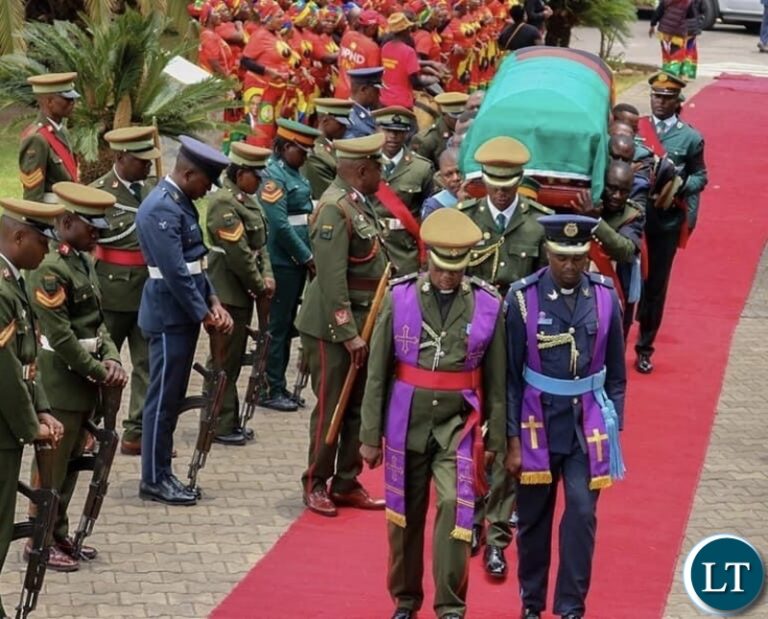By Venus N Msyani
While in opposition President Hakainde Hichilema promised to repeal and get rid of all laws undermining human rights in Zambia. He hasn’t repealed all yet and he is showing no sign he is ready to do that. The international community can help to force him do.
No need to explain. Hichilema was referring to Pubic Order Act, Cyber Security and Cyber Crimes Act, Criminal Defamation of the President, and others such as the Penal Code.
Six months into his presidency, Hichilema seemed completely forgotten about the promise. On March 10th 2022, while addressing Parliament on the progress made in the application of National Values and Principles Hichilema even threatened to apply existing laws to deal with social media abuse.
The threat exposed hypocrisy because Hichilema administration had not passed any law to deal with social media abuse. It was clear Hichilema was referring to existing Cyber Security and Cyber Crimes Act. The laws he promised to get rid of after being elected into office.
Local groups, organizations, and individuals promoting human rights started doubting Hichilema commitment to honor his promise to get rid of all oppressive laws.
Amnesty International Secretary General Agnes Callamard appeared to feel the same. After visiting Kenya on her three-nation high level mission to Africa, Callamard travelled to Zambia before proceeding to her final destination South Africa where on March 28th 2022, she was expected to launch Amnesty International global assessment of the state of human rights.
While in Zambia, the Secretary General met with President Hichilema in the capital Lusaka. Callamard counselled Hichilema to move with speed in honoring his commitment to human rights.
In December 2022, President Hichilema abolished the death penalty and repealed criminal defamation of the president. Public Order Act, and Cyber Security and Cyber Crimes Act were spared. They continue to undermine human rights in Zambia.
The country democracy process is under threat. Freedom of expression, assembly, and association continue to be undermined. Zambians are being denied permit to protest. Opposition cannot gather and mobilize their parties.
People are avoiding to offer checks and balances. They are afraid of being arrested for hate speech, facing prolonged detention in poor detention facilities, and cruel treatment while under detention.
Torture allegations are being reported. Recently, opposition leaders by the name Sean E Tembo fell sick while in detention. He spent five days in custody. In short, Tembo was detained beyond what the law requires. Human rights experts will agree this too amounts to torture.
It is very clear President Hichilema and his administration has forgotten about his promise on human rights. Another meeting with Amnesty International Secretary General Agnes Callamard could help. Hichilema must move with speed to repeal Pubic Order Act, and Cyber Security and Cyber Crimes Act.



